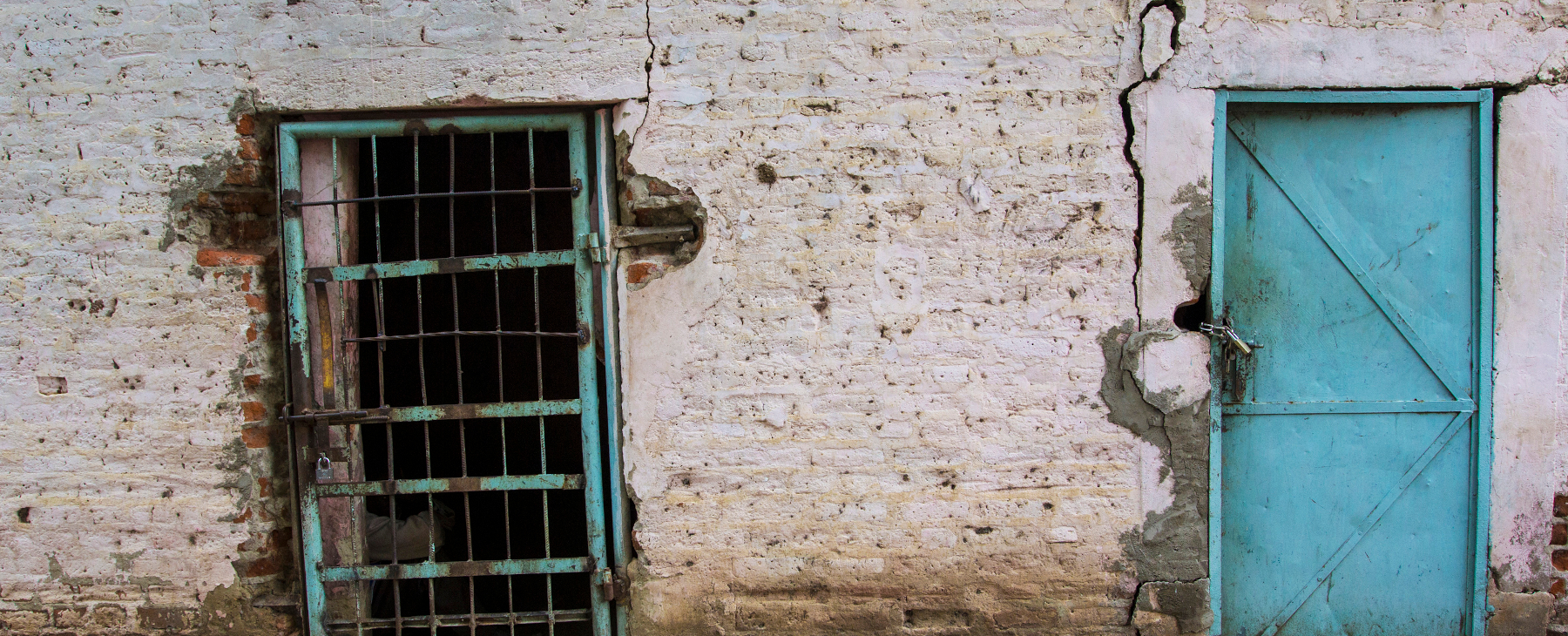The case
In May 2008, a joint individual communication was lodged by TRIAL and the organization Al-Karama for Human Rights before the United Nations Human Rights Committee on behalf of Mussa Ali Mussa Benali, acting for his brother, Abdeladim Ali Mussa Benali.
Abdeladim Ali Mussa Benali was first arrested on 9th August 1995 by members of the Libyan Internal Security Agency (ISA) and held in detention until 15th October 2002. During the first five years in prison he was deprived of any contact with the outside word and his family was never informed of his situation and whereabouts.
On 16th February 2005, Mr. Benali was arrested a second time by ISA members. His relatives received no news about him until the beginning of 2006, when they were informed that he was kept in Abu Slim prison (a well-known facility near Tripoli where thousands of political prisoners have been kept). They were allowed to visit him once a month up until the autumn of that year, when all visits were suspended as a collective punishment for a riot which had taken place in the prison at the beginning of October 2006. During those disturbances, which were bloodily suppressed, Mr. Benali played a key role in avoiding an escalation of the violence, by using a cell phone that he had hidden from the guards to acquaint external sources of the incident.
Mr. Benali disappeared from the Abu Slim prison on 23rd March 2007, and there is every reason to fear that he has been abducted by the authorities in reprisal for the above act.
Both during his first and his second detention Mr Benali was subjected on many occasions to various kinds of grave torture, including brutal beatings, prolonged isolation (up to two years) in a sparse, unhealthy underground cell, and deprived of sufficient food.
Mr Benali has never been charged with any offence. In fact, throughout the almost ten years spent in custody he has never been brought before any judicial authority.
All judicial and other legal remedies provided for by Libyan legislation are de facto unavailable to victims of crimes perpetrated for political reasons, due to the high risk, or even certainty, of severe reprisals against those who would bring accusations against the State and also the great difficulty (due to the widespread terror prevailing in Libya) that such persons would have in obtaining the assistance of a lawyer. In addition, such legal action would have no chance of success, in view of the lack of independence of the national tribunals.
The author of the communication requests the Committee to recognize that, based on the facts described above, Libya has violated:
- the rights of Abdeladim Ali Mussa Benali to life; to an effective remedy; to freedom and security of his person; to be treated with respect for his human dignity whilst in detention; not to be subject to torture or ill-treatment and to be recognized in all circumstances as a legal person (articles 2 § 3, 6 § 1, 7, 9 §§ 1, 2, 3 and 4, 10 § 1, and 16 of the International Covenant on Civil and Political Rights),
- the rights of the author of the communication himself, to an effective remedy and not to be subject to torture or ill-treatment (articles 2 § 3 and 7).
The general context
These facts come within the context of the relentless repression exerted by the regime of Colonel Gaddafi, who has ruled the country with an iron fist for well nigh 40 years. The security forces – especially the ISA – have notoriously committed the worst abuses, on a large scale and with total impunity. Opponents of the government, real or perceived, are the main targets of such practices.
Scores of citizens have been victims of arrests, carried out in all illegality, followed by extremely long detentions, with no judicial monitoring and often in solitary confinement without their family being informed.
The decision
In December 2012, the Human Rights Committee communicated its decision (called “views” in the UN language).
The Committee held that Libya violated Articles 6 § 1, 7, 9, 10 § 1 and 16 of the International Covenant on Civil and Political Rights with regard to Abdeladim Ali Mussa Benali. The Committee further found a violation of Article 2 § 3 of the Covenant, read in conjunction with Articles 6 § 1, 7, 9, 10 § 1 and 16.
The Committee also held that Libya violated Article 7 of the ICCPR, taken alone and in conjunction with Article 2 § 3, with regards to the author of the communication.
The Committee requested Libya to provide the author with an effective remedy, including freeing Abdeladim Ali Mussa Benali immediately, if he is still being detained or returning his remains to his family if he died in custodyy; conducting a thorough and effective investigation into his disappearance and any ill-treatment that he suffered in detention; providing the author and Abdeladim Ali Mussa Benali with detailed information on the results of its investigations; and prosecuting, trying, and punishing those responsible for the enforced disappearance or other ill-treatment.
Libya is also under an obligation to provide appropriate compensation to the author and Abdeladim Ali Mussa Benali for the violations that they suffered and to take measures to prevent similar violations in the future.

